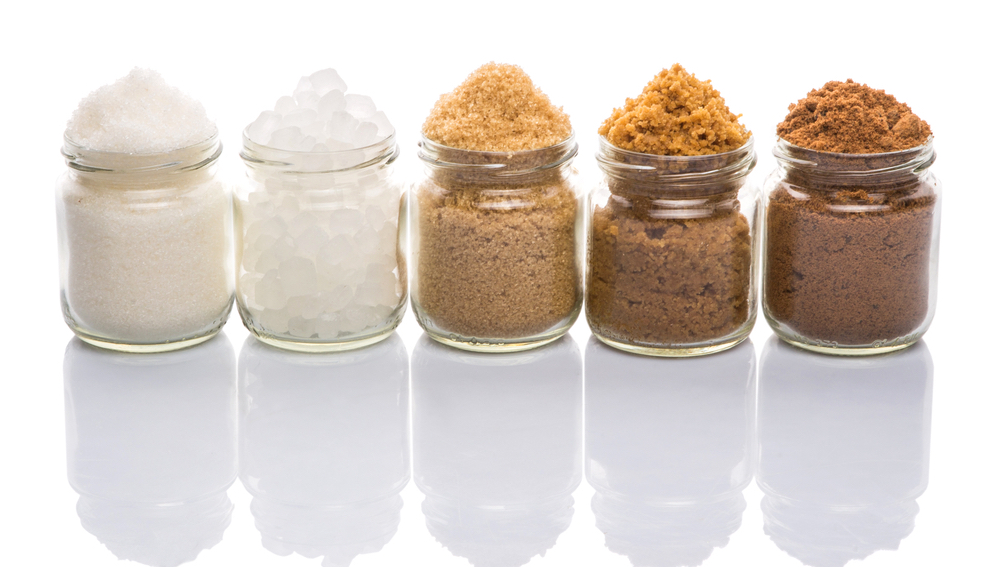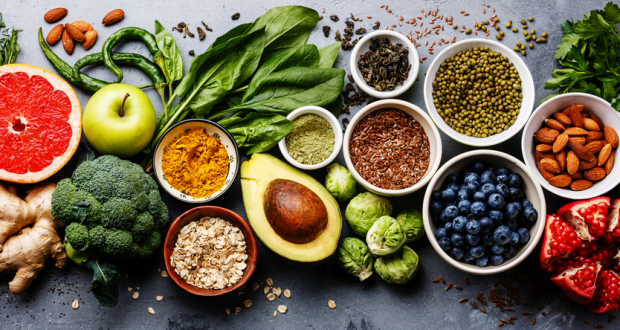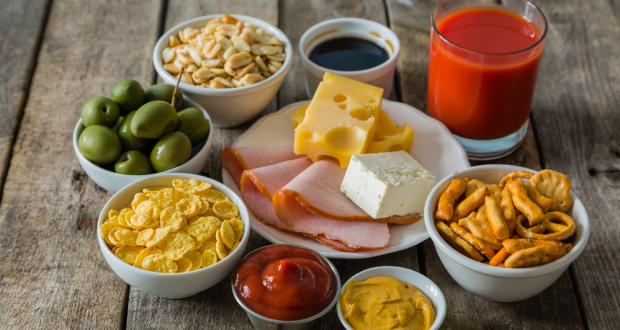Sugar; it’s addictive and delicious. In the last 100 years our sugar consumption has increased dramatically, in the US in fact it has risen by over 30% in the last 30 years. Aside from the added sugar in prepared food, most people consume sugar daily, from putting it in coffee and tea, to that sweet treat after dinner.
However, as we all know, sugar causes weight gain and can potentially cause other health problems such as type 2 diabetes. It is an empty calorie, it has no nutritional value to the body other than that short sharp jolt of energy followed by a crash. But still we can’t get enough of it. So what are the alternatives for those of us with a sweet tooth, and are they any better than refined sugar?
Agave
The Mexican Agave plant is probably better known for it’s role in the production of Tequila, however, the cactus plant can also be used to produce a sweet, unrefined syrup. The nectar is about one and a half times sweeter than sugar and has a taste similar to molasses.
Agave has a lower glycaemic index (GI) rating than sugar, as it is lower in glucose. This means that your body absorbs the sugars more slowly, helping to minimise the peaks and troughs commonly associated with sugary treats. However, this is the only advantage to agave syrup as it contains limited nutritional value
But be warned, agave contains high fructose levels, which can put your liver under more strain when consumed in large quantities. Whilst in moderate doses for a healthy individual, this should not have a negative impact, it is worth noting. As with regular white sugar, moderation is key. Look out for brands which produce their agave syrups at lower temperatures, as this minimises the loss of natural enzymes and subsequently keeps fructose levels down.
Coconut Sugar
Produced from the sap of the coconut palm, coconut sugar provides the same number of calories per gram as regular cane sugar. On the surface then, it would appear that this is not the healthier substitute to go for.
On the other hand, it contains less fructose than regular sugar. It will also stop the hunger pangs from coming on quite so quickly, as it is absorbed more slowly than regular cane sugar, coming in at 35 points on the glycaemic index.
Coconut sugar also contains high levels of inulin, a non digestible dietary fibre. This fibre acts as a probiotic, feeding your intestinal bifidobacterial, which promotes gut health and eases gastrointestinal issues.
In short, coconut sugar is not a guilt free alternative to sugar, but used in moderation, is marginally healthier than it’s highly refined counterpart.
Dates
High in fibre and nutrients, using dates in baking is a great and easy sugar substitute. Whilst some of the other sugar substitutes on this list are harder to come by, dates are readily available. To use as a sugar substitute, simply soak the dates in warm water and then blend with a small amount of water to create a paste. Alternatively, dates can be made into a “sugar” by roasting the dates over a few hours, leaving them to dry out overnight and then putting them through a food processor. If you’re short on time though, both date sugar and paste are available to purchase ready made.
Dates contain key minerals such as selenium, copper, potassium and magnesium and provides Vitamins B and C. High in antioxidants, dates help combat free radicals, which can cause damage linked to the development of cancer, blood vessel diseases and other conditions.
Whilst dates vary on the Glycaemic Index depending on the variety, they all fall into the lower end of the index, as low GI foods. This is largely due to the high fibre content of the date, which slows down the body’s digestion and absorption of the sugars.
One downside – date sugar unfortunately won’t dissolve in your tea or coffee, so it may be time to try cutting out the sweetness in your morning brew once and for all.
Stevia
Made from the stevia rebaudiana plant, a member of the sunflower family, stevia is a calorie free sweetener. The leaves contain glycosides which produces the plant’s sweetness, they are dried and crushed to form a powder. Stevia does also come in a liquid form, used a drop at a time due to it’s high concentration. Stevia can be up to 30 times sweeter than sugar, so needs to be used in small, measured quantities.
Stevia, extracted in a natural way, rates as 0 on the GI scale, making it the only sugar substitute on our list which will not have any effect on blood sugar levels. However, finding a natural stevia product is not as easy as it may sound. Stevia has a slightly bitter aftertaste, which many manufacturers use additives in their products to mask. There is also the question of shelf life. In order to preserve the shelf life of the product, some brands add dextrose to the stevia, meaning your sweetener is no longer a 0 on the GI scale.
While stevia may sound like the most altruistic of the sugar alternatives, it is worth noting that there is not enough research yet to determine any long term negative affects or health benefits they may have on the body.
















